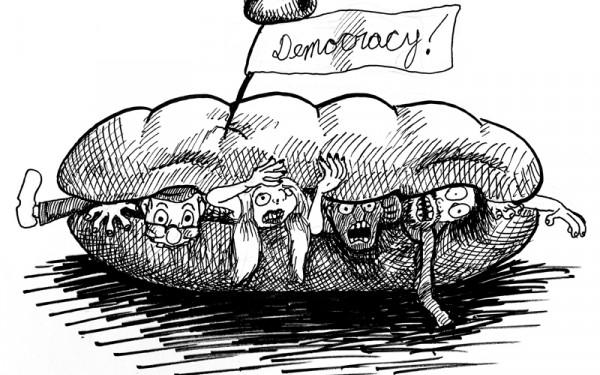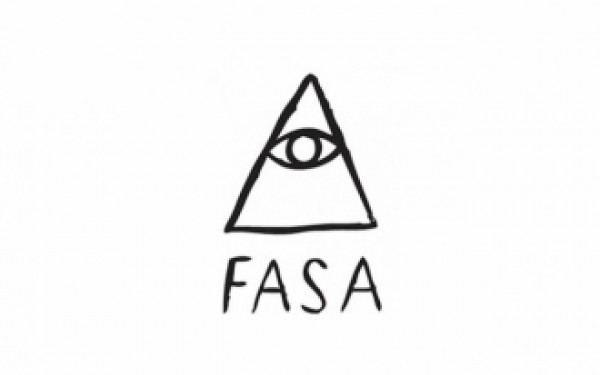Real-Life Mobilization
In Julian Ward’s opinion, the upcoming strike vote, the Concordia Student Union general assembly, and CSU GAs in general are undemocratic (“This Ain’t What Democracy Looks Like,” Vol. 32, Iss. 17) because only a small fraction of students actually show up and vote at a GA.
Obviously, Julian Ward does not understand the role such mass meetings have played in the student movement, the labour movement and beyond.
Ward would replace the GA with some kind of online alternative, using the administration-controlled MyConcordia portal to consult students about a strike targeting the fee hikes the administration wants students to pay.
The GA is not just a matter of consultation. It is about mobilization.
Half the battle is getting people to take the time out of their schedules to actually show up and be counted. People for and against the strike can mobilize and anybody is free to come to the GA, participate in the debate and vote in the tradition of direct democracy. If that is not democratic, I don’t know what is.
The fact that you have hundreds of warm bodies in H-110 is of critical importance for the next stage in a strike—striking!
Just try to mobilize the people who click “yes” in a computerized strike consultation. How many people actually show up to something they’ve scheduled on Facebook?
The reason tuition is lower in Quebec than other Canadian provinces is because of student mobilization. One of the reasons we’ve had successful student mobilizations is the tradition of GAs and direct democracy in the student unions of CEGEPs and universities across the province.
The one per cent have their pocketbooks. The 99 per cent need the organs of radical direct participatory democracy like the general assembly to make their voices heard.
—David Bernans
CSU Researcher & Archivist
1999-2006





_600_375_90_s_c1.jpg)